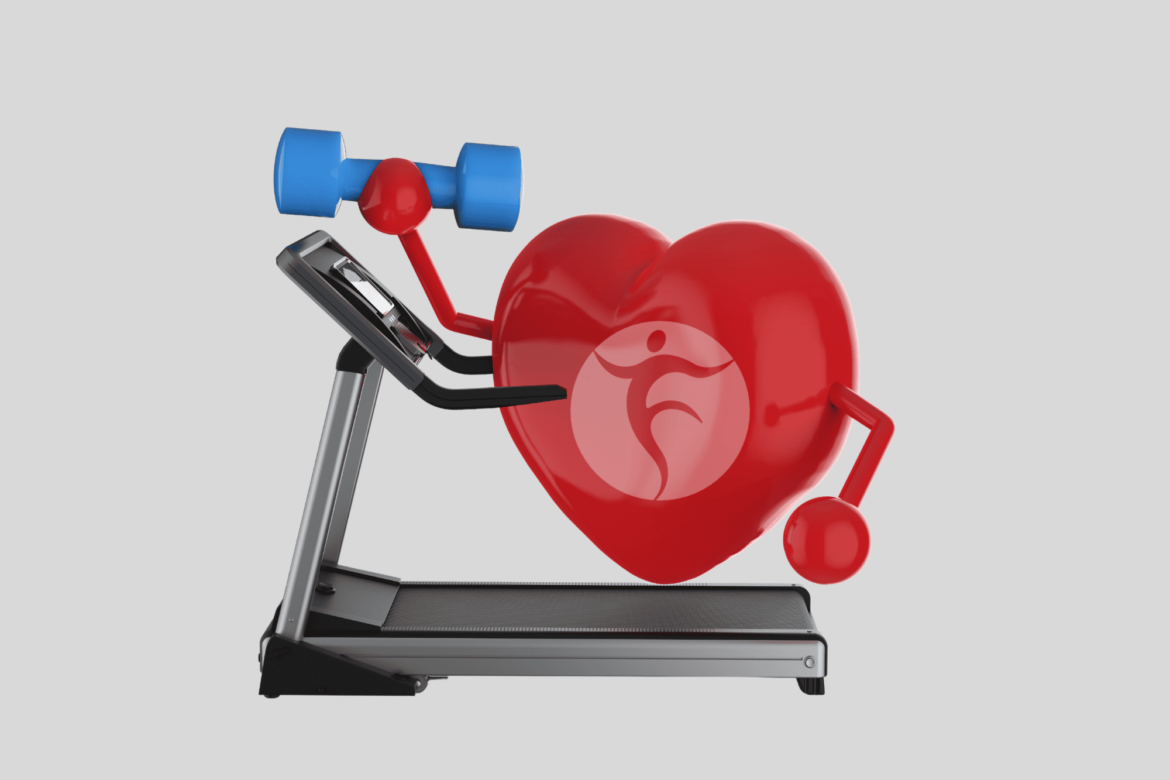Is Your Heart Healthy?
February is the American Heart Month. With Valentine’s Day being the middle point in the month, let it be a reminder to take a few moments and reflect on your heart health. Heart disease is the leading cause of death for both men and women in the United States. It is responsible for 1 out of 5 deaths in America and costs 240 billion dollars annually to treat. This blog will provide a few suggestions to improve your lifestyle to take care of the most important muscle within the human body. Learn more about is your heart healthy?
Medical History
The first thing to consider is your family medical history. If a family member has suffered from a myocardial infarction (Heart Attack), coronary artery disease, or stroke, this increases your likelihood of developing heart disease. Start with knowing your baseline measure for blood pressure. This will provide two numbers for you to remember. Per AHA guidelines, any blood pressure greater than 130/80 mmHg places you in the hypertensive category. Blood pressure cuffs are affordable to have for home use and are necessary to measure regularly if any of the information above pertains to you.
Diet
A healthy diet is a lifestyle modification that can reduce the likelihood of heart disease. As we all know and have heard for years, fruits and vegetables should be consumed regularly. This will allow our bodies to ingest vital nutrients required for a healthy heart. It is also beneficial to learn how to read nutritional labels and create a habit to search for products with low sodium, and less added sugars and avoid products with unhealthy fats such as trans fat. Substitute seed and corn oil for extra virgin olive oil, red fatty meats for seafood, and choose nuts for a snack to ingest healthy fats. Choose whole grains with high fiber content and avoid refined white flour. Make time for meal preparation weekly to avoid convenient trips to fast food restaurants. Finally, avoid excessive alcohol consumption and sugary drinks and substitute these unhealthy thirst options for water.
High Blood Pressure
Another lifestyle modification linked with high blood pressure is sleep quality. Sleep hygiene includes at least 7-9 hours of sleep per night. Try to create a schedule where your body’s circadian rhythm understands a routine where sleeping and waking happen during the same time each day. If you are having difficulty falling asleep, avoid exercise 2-3 hours before sleep, caffeine, and nicotine entirely. Check with your primary care physician before taking, but supplementation can also assist with sleep quality. Melatonin may assist with falling asleep as magnesium can assist with staying asleep.
Active Lifestyle
An active lifestyle is crucial as well to optimize heart health. The American Heart Association recommends 150 minutes weekly of moderate level of exercise. This is consistent with the ability to talk while exercising, but the inability to sing due to increased respiration rate. Otherwise, 75-minutes weekly of vigorous activity will suffice. It is also recommended that at least 2 days of resistance training will benefit heart health as well as maintain strength, and testosterone levels for aging men and bone density for aging women. If exercise is new to you, start somewhere as some is better than none. The best mode of exercise for an individual is one that they will be able to stick with and enjoy completing week after week. Find a workout companion that will hold you accountable in case you are making routine excuses on why you cannot exercise several times per week.
Smoking Cessation
The final recommendation for heart health is the cessation of smoking. 11.5% of Americans are current smokers which has resulted in 240 billion dollars of annual medical costs. Your health can fully reverse the effects of smoking after 20 years of cessation, whereas 10 years of quitting can improve health by 50% in comparison to those who have never smoked of the same age.
If you have additional questions, contact a medical care professional for guidance on where to begin for personal improvements in your heart health.
Sources:
https://www.cdc.gov/heartdisease/facts.htm
https://www.cdc.gov/tobacco/campaign/tips/resources/data/cigarette-smoking-in-united-states.html#:~:text=Cigarette%20smoking%20cost%20the%20United,%24372%20billion%20in%20lost%20productivity.&text=In%202021%2C%20an%20estimated%2011.5,U.S.%20adults%20currently%20smoked%20cigarettes.

